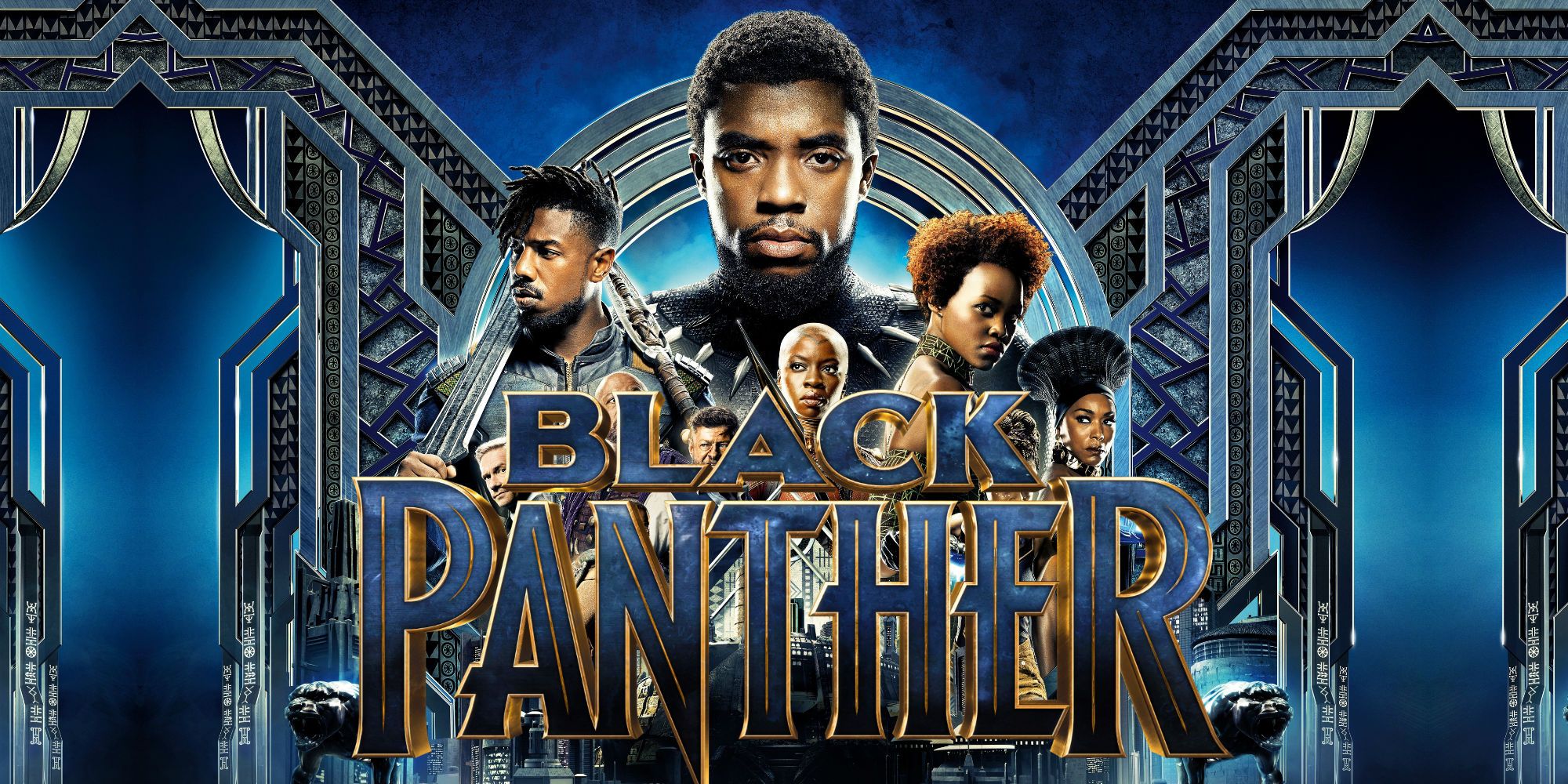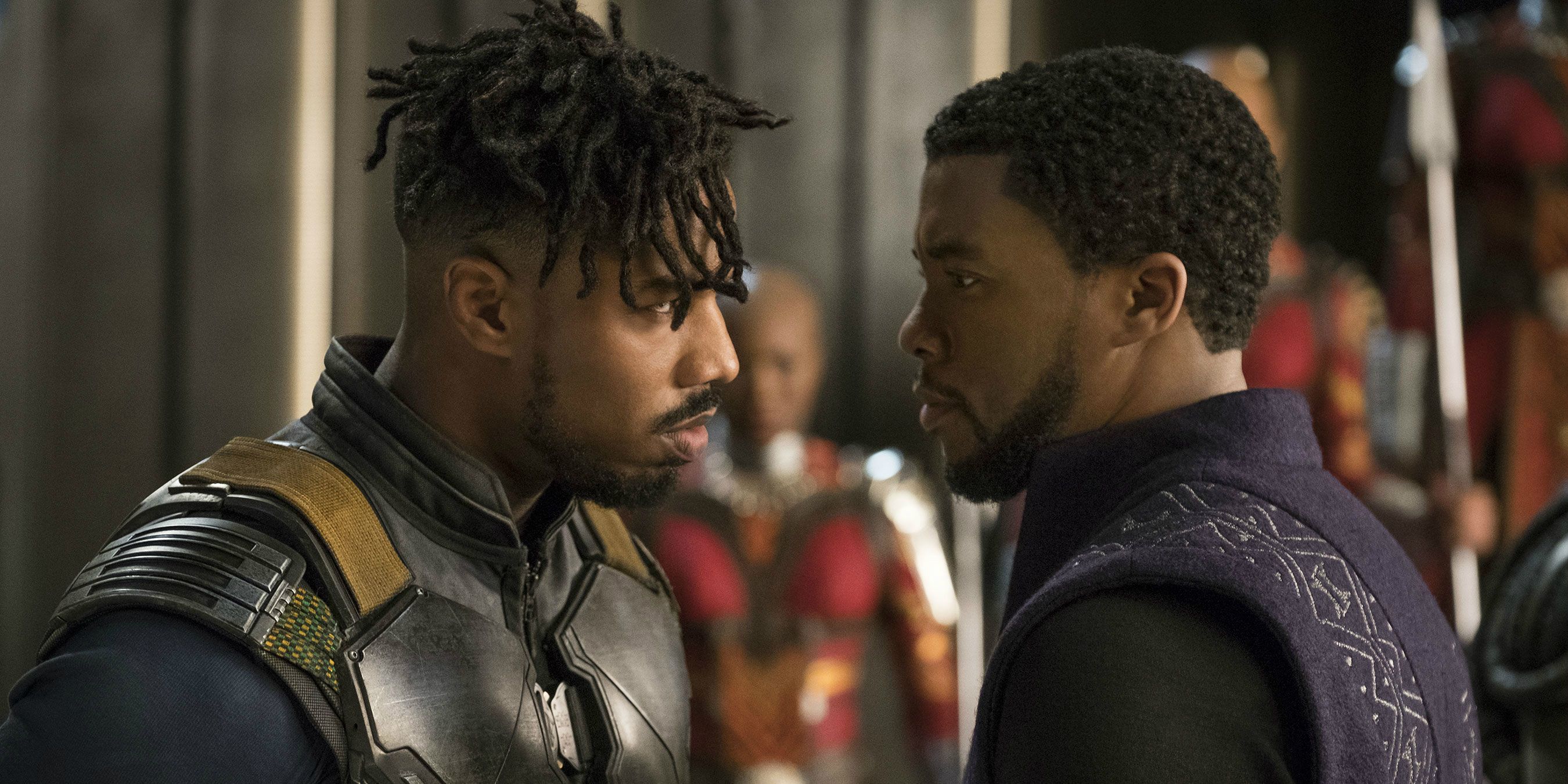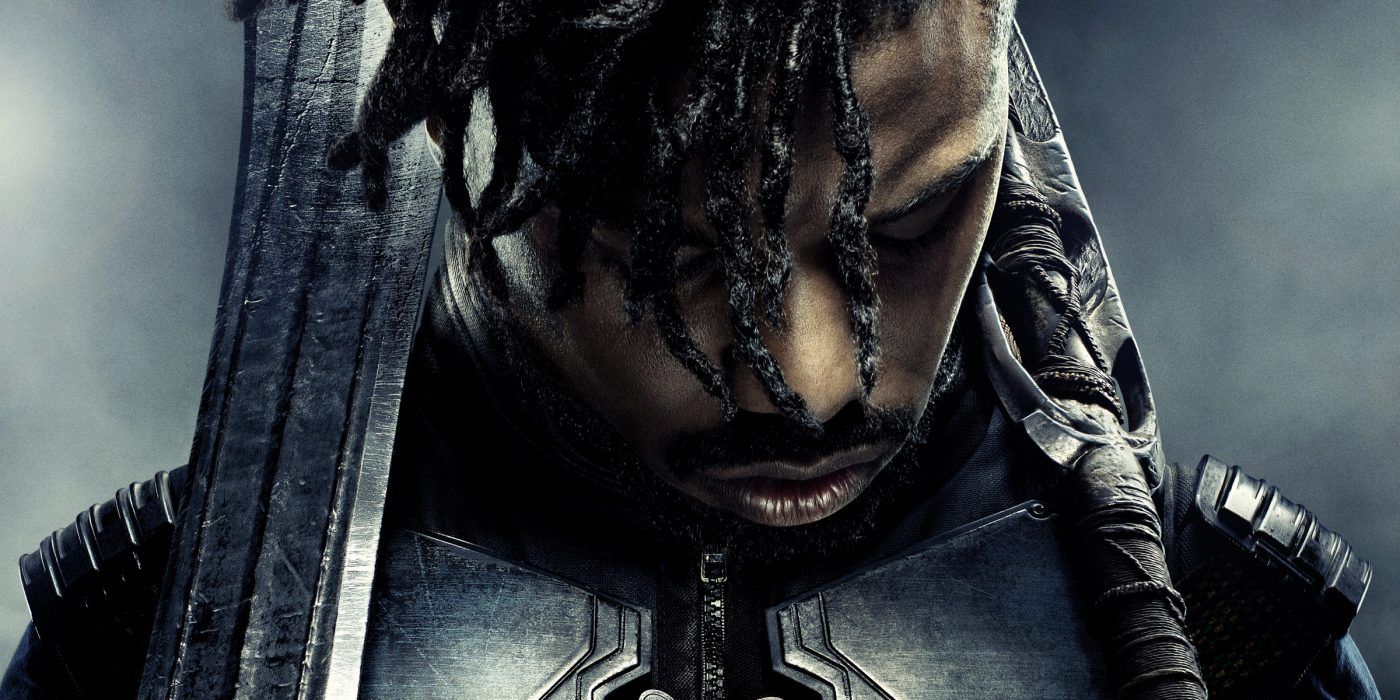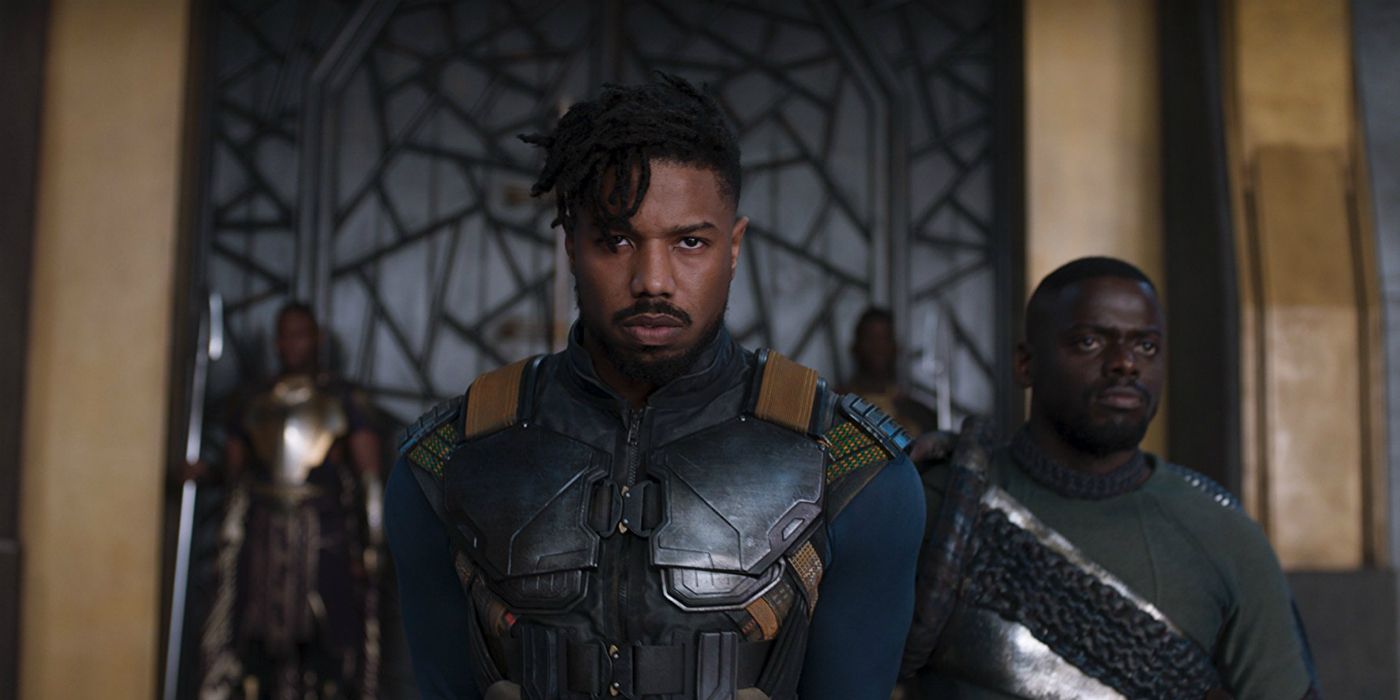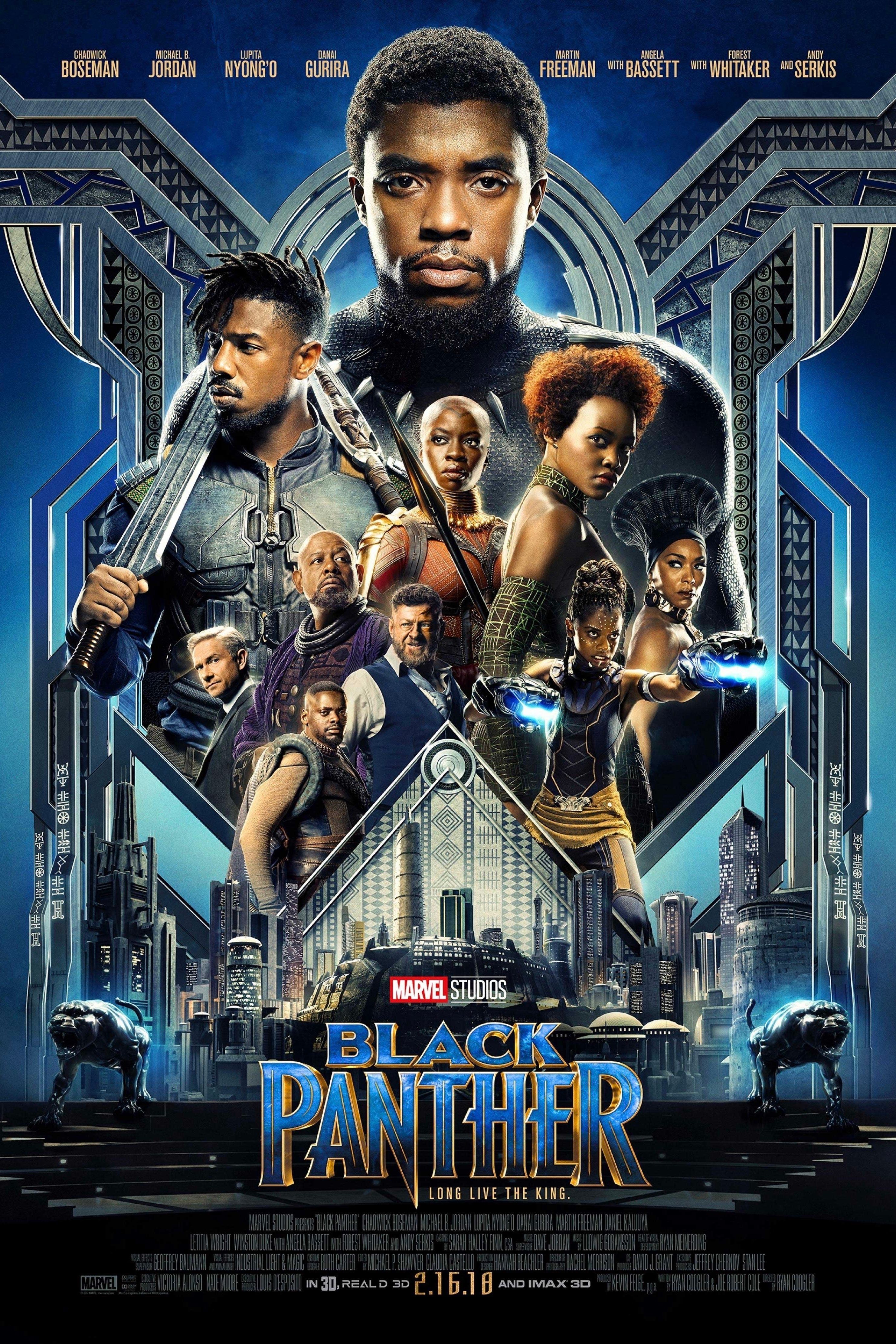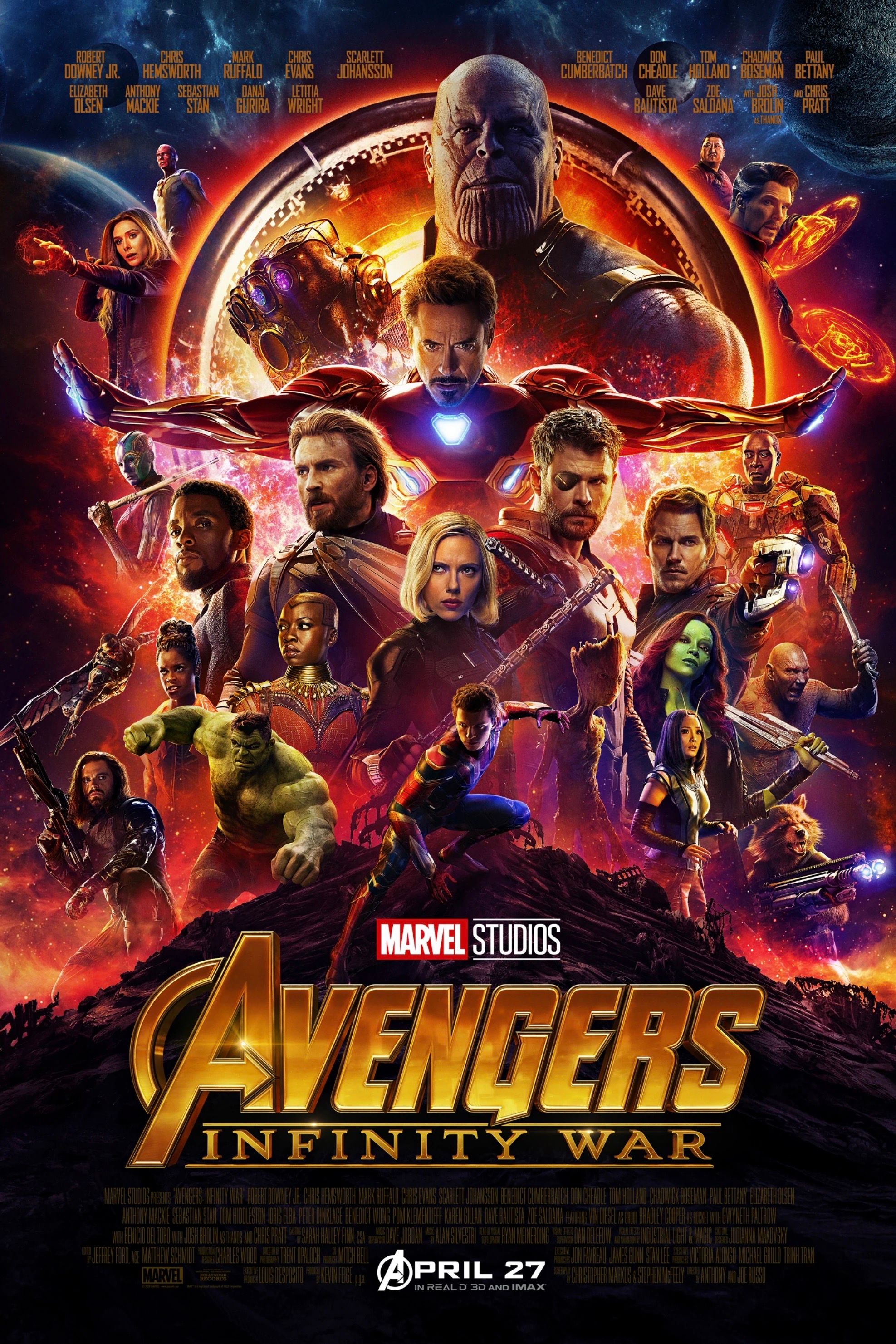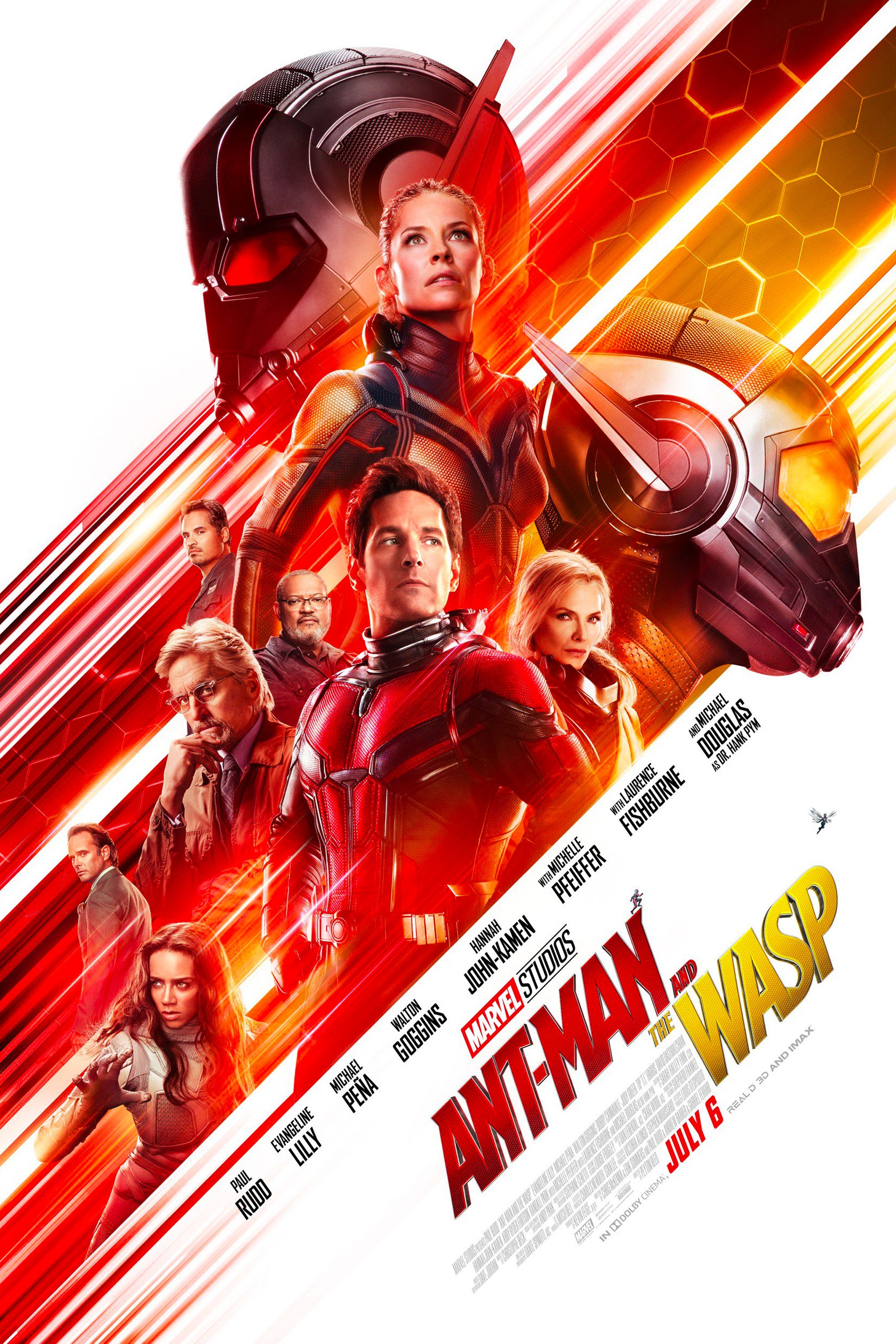Warning: SPOILERS ahead for Black Panther
-
At the end of Black Panther, T'Challa (Chadwick Boseman) kills Erik Killmonger (Michael B. Jordan) in battle. But considering Wakanda's advanced healing technology and the fact that the film is set in the Marvel Cinematic Universe - where characters have been brought back to life - will Killmonger return in Black Panther 2 or another Marvel Studios movie?
Arguably, Black Panther sets up Marvel's best villain with Killmonger, who is T'Challa's cousin, the son of T'Chaka's (John Kani) brother, N'Jobu (Sterling K. Brown). However, when T'Chaka kills N'Jobu for betraying Wakanda by helping Ulysses Klaue (Andy Serkis) steal vibranium from the country, the King leaves a young Erik to fend for himself in Oakland, California. As a result, Killmonger is a Wakandan by birth - and bears the symbol all Wakandans bear - but he wasn't raised in the country and doesn't fully understand their ways.
Related: When Will Black Panther 2 Release?
Killmonger's goal, when he comes to Wakanda, is twofold. He seeks vengeance on T'Challa for T'Chaka killing N'Jobu, but Killmonger has a greater mission than that. After he becomes King of Wakanda and the Black Panther, he begins executing his plan to distribute vibranium weapons to African Americans around the world so that they may rise up and fight against the societies that have subjugated and enslaved them. In the end, though, T'Challa returns and defeats Killmonger in battle, spearing his cousin through the heart. T'Challa brings Killmonger to watch the Wakandan sunset together and allows his cousin to die because, as Killmonger explains, he'd rather be dead than in bondage.
However, there is a little bit of ambiguity in Killmonger's death scene, and viewers may wonder whether or not Jordan can return as the villain - or, perhaps, as an ally for T'Challa. So, we break down the Black Panther ending, what really happened to Killmonger, and whether he can return in Black Panther 2 or another Marvel Studios movie.
Did Killmonger Really Die in Black Panther?
Killmonger's death scene doesn't necessarily follow the standard format for a movie death scene. Though he declares to T'Challa that he chooses death over bondage, and removes the spear from his chest, the camera then cuts to a wide shot and viewers simply see Killmonger collapse. It's undoubtedly enough for viewers to presume Killmonger has died, or is near enough to death that there's no way to save him.
Related: Why It Took So Long to Get a Black Panther Movie
But, Black Panther allows for some ambiguity because of this approach to depicting Killmonger's final moments. Movies often show the moment a person dies - Marvel films have even taken this approach - with visual confirmation that a severely injured character has succumbed to their wounds: Their last breath leaves them, the light goes out of their eyes. These are visual cues moviegoers know to look for as confirmation a character has died, but Black Panther does not depict Killmonger's death in this way. So, it leaves the door open for ambiguity and debate among viewers about whether the character truly died at the end of the film.
To be clear, the scene does appear to be a death scene for Killmonger, and it's likely depicted this way by director Ryan Coogler to give the character a respectful, and non-cliche sendoff. But, because viewers don't see the moment of Killmonger's death, there is a little bit of ambiguity - however little it may be - that could leave some wondering whether he'll return. Plus, Black Panther and previous MCU installments have made it clear Killmonger could be saved or brought back from the dead if the studio and filmmakers so choose.
How Can Marvel Studios Bring Killmonger Back?
In the Marvel Cinematic Universe, the television side brings characters back to life more often than the movies. Phil Coulson (Clark Gregg) and Elektra (Elodie Yung) are the biggest cases of the TV universe resurrecting characters that had been killed off. In the case of Coulson, S.H.I.E.L.D. used Kree technology to resurrect him, while the Hand used a magical property obtained from dragon bones to brink Elektra back to life. Since these methods have only been seen on the TV side of the MCU - and Marvel Studios is notoriously separate from Marvel TV - they seem unlikely candidates for how Killmonger could be brought back.
That aside, there are two means in the MCU films by which Marvel Studios could resurrect Killmonger. The first is Wakanda's technology. We see in Black Panther that Shuri (Letitia Wright) has developed healing technology capable of bringing Everett Ross (Martin Freeman) back from near-death. Additionally, he had been shot in the spine protecting Nakia (Lupita Nyong'o), but is able to walk again thanks to Wakanda's tech. Given this, it seems likely Wakandan technology would be able to heal Killmonger if he hadn't actually died. So, if we presume the ambiguity of Killmonger's final scene means he didn't completely die, then theoretically Shuri could heal him and bring him back.
Related: Every Record Black Panther Has Broken
The second means of how Marvel could bring Killmonger back resides in what we know of Avengers 4. Based on set photos, we know Avengers 4 will deal with time travel or time manipulation of some kind. Scenes have been filmed with core characters in their costumes from The Avengers, indicating Thanos (Josh Brolin) or the heroes will be messing with the timeline, likely by way of the Time Stone. If the Avengers alter the timeline in any way, it could have serious repercussions throughout time and space - and is an easy way to resurrect characters killed in previous films, like Killmonger. But, although Marvel Studios undoubtedly has many ways to bring Killmonger back, the question, really, is whether they should.
Should Marvel Bring Killmonger Back for Black Panther 2?
While Marvel has the means to bring Killmonger back from the dead, it would undermine the emotional poignancy of the character's death at the end of Black Panther. His death is a statement about the way African Americans are treated around the world, and how that treatment inspires anger and fear in those like Killmonger. Though there's no question he is a villain within the story of Black Panther, his views about Wakanda ceasing to hide from the world and using the country's resources to help other communities are actually shared by Nakia - but, of course, Nakia doesn't agree with the violent tactics for which Killmonger advocates.
Still, since T'Challa does choose to open Wakanda's doors at the end of Black Panther and setup Wakandan centers around the world - particularly in Oakland where Killmonger grew up - it shows the king learned something from his cousin. To bring Killmonger back wouldn't necessarily negate that character arc, but it would certainly undercut it in a way that would make it somewhat less significance.
So, while Marvel could find a way to bring Killmonger back for another film, they shouldn't. Director and co-writer Ryan Coogler took a great deal of care in crafting Killmonger's story, which differs from the Marvel comics. However, the MCU version of Killmonger's story comes to a conclusion at the end of Black Panther with the character's death. Certainly, fans who became attached to the character of Erik Killmonger will be sad to see him go, even if only because he proves to be a fantastic antagonist to T'Challa. However, though the MCU is a comic book universe, and there's always a chance a character can come back to life, the compelling emotional moment of Killmonger's death and what it represents to his own character as well as T'Challa's should be left as it is. Marvel should not resurrect Killmonger or bring him back for Black Panther 2 when the sequel releases.
Next: Black Panther 2 Movie Trailer, Cast, Every Update You Need To Know

